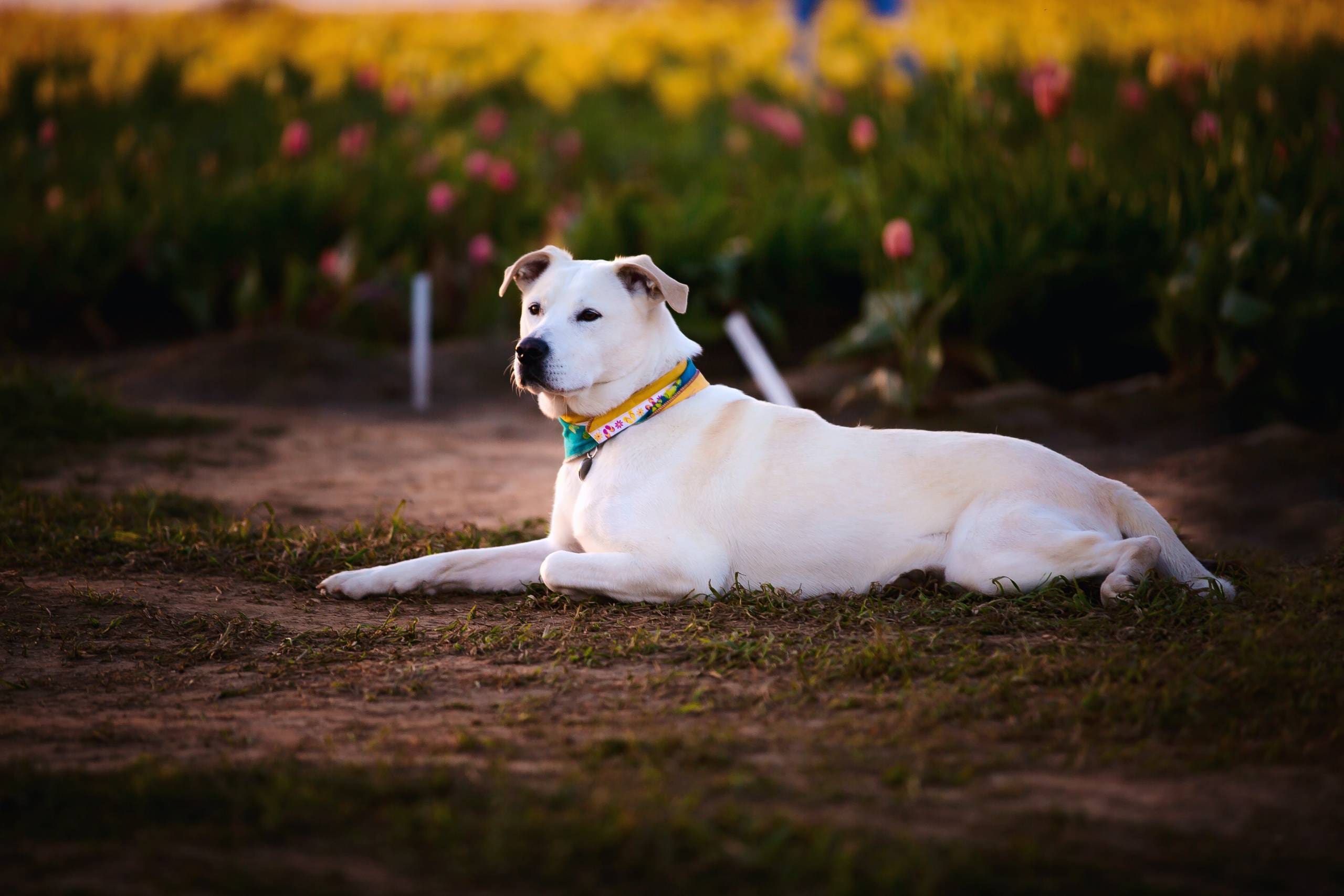Many dog owners have faced the bewildering moment when their beloved pet decides to roll in something particularly foul—often poop. This behavior can leave us scratching our heads, pondering why our furry companions would choose to do something so seemingly gross. Understanding the reasons behind this behavior can help us manage it and appreciate the instincts that drive our dogs.
Instinctual Behavior Rooted in Ancestry
Dogs are descendants of wolves, and many of their behaviors can be traced back to their wild ancestors. In the wild, wolves often rolled in various scents, including feces, to mask their own scent. This instinctual behavior had a purpose: by covering themselves in the smells of their environment, they could better blend in, whether hunting or avoiding predators. This behavior is often referred to as scent masking.
Communication Through Scent
When a dog rolls in poop, it may attempt to communicate something or engage with its environment in a way that feels natural. Dogs rely heavily on their sense of smell to understand the world around them. While we may find rolling in feces repugnant, for a dog, it serves as a way to gather information. The scents contained in poop can reveal a lot about other animals in the area, including their diet, health, and emotional state.
Playfulness and Curiosity
Dogs are playful creatures, and their excitement can lead them to interact with whatever is around them. This behavior can resemble how dogs roll in grass or dirt after a bath. To them, a pile of poop may simply be another interesting object to explore.
Marking Territory
Additionally, dogs may roll in poop as a form of marking their territory. By covering themselves in a particular scent, they communicate to other dogs that they have visited that area and left their mark. Dogs have scent glands in their skin, and rolling in poop can help transfer some of that scent onto themselves.
Youthful Curiosity
The age of your dog can also influence this behavior. Puppies are naturally curious and often explore their environment through smell. They may not yet understand that rolling in poop is socially unacceptable, engaging in this behavior out of sheer curiosity. As dogs mature, many outgrow this habit, but some may continue to indulge in it from time to time.
Managing the Behavior
Dealing with this behavior can be frustrating for dog owners. If your dog rolls in poop, remaining calm is essential. Yelling or expressing disgust may confuse them further. Instead, redirect their attention with a toy or treat. If your dog is particularly insistent, consider keeping them on a leash during walks to prevent them from getting too close to any messes.
Regular grooming helps manage this behavior. Keeping your dog clean and well-groomed can reduce the likelihood of rolling in something unpleasant. Bathing your dog after they’ve rolled in poop is vital for cleanliness and your peace of mind. Use a gentle dog shampoo and rinse thoroughly to remove any traces of the foul substance.
Training and Commands
Training your dog with commands like “leave it” or “come” can also be effective. Teaching these commands helps manage your dog’s behavior when they encounter something they want to roll in. Positive reinforcement is crucial. Rewarding your dog with praise or a treat when they obey your command can help them associate listening to you with positive experiences.
Health Considerations
Some dogs may roll in poop due to underlying health issues. If your dog rolls excessively or seems obsessed with poop, it could signal a more significant problem, such as anxiety or a skin condition. Consulting with a veterinarian can help rule out health concerns and provide additional strategies for managing your dog’s behavior.
Broader Context of Dog Care
Understanding why dogs roll in poop involves appreciating the instincts that drive them. A happy, well-exercised dog is less likely to engage in undesirable behaviors. Ensure your dog receives plenty of physical activity and mental stimulation through walks, play, and training. Engaging your dog with toys, puzzles, and socialization with other dogs can satisfy their natural instincts and reduce unwanted behaviors.
Creating a routine can help your dog feel more secure, potentially reducing anxiety-driven behaviors. Dogs thrive on structure, and knowing what to expect can contribute to a calmer demeanor. Establishing a regular feeding schedule, walk times, and play sessions fosters a more balanced and content dog.
Socialization and Professional Help
Socializing your dog from a young age can also help them learn appropriate behaviors. Exposing them to various environments, people, and other dogs provides valuable experiences that shape their behavior. A well-socialized dog is often more confident and less likely to engage in behaviors stemming from fear or anxiety.
If your dog shows a persistent interest in rolling in poop, consider consulting a professional dog trainer or behaviorist. These experts can offer personalized advice and strategies tailored to your dog’s specific needs, helping you understand their behavior better and manage it effectively.
Embracing Your Dog’s Quirks
While the sight of your dog rolling in poop can be disheartening, remember that this behavior is rooted in instinct and natural curiosity. With patience and understanding, you can help your dog navigate their world while minimizing unwanted behaviors. Embracing the quirks of your pet can lead to a deeper bond and a more fulfilling relationship.
So, the next time your dog takes a dive into a pile of poop, take a step back and consider the instincts driving that behavior. With understanding, empathy, and consistent training, you can turn a frustrating moment into an opportunity for growth—for both you and your dog.

